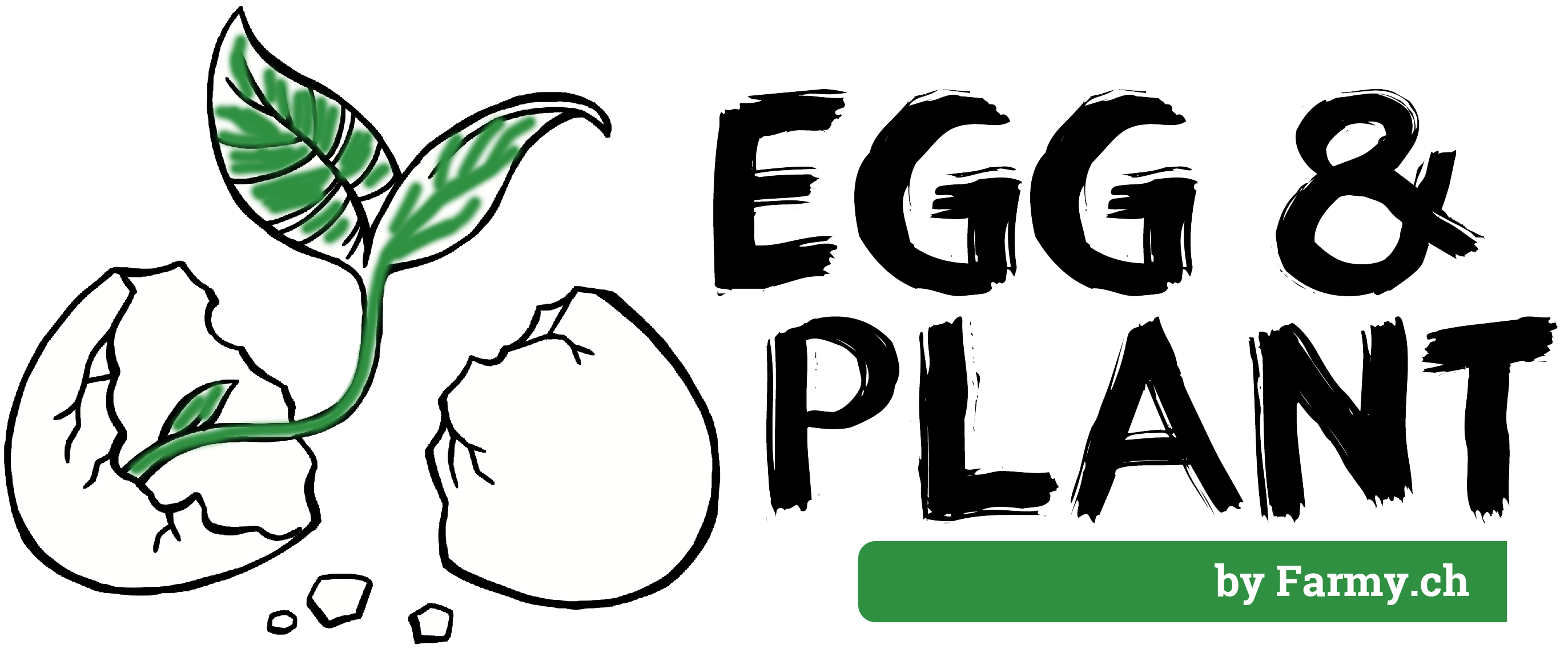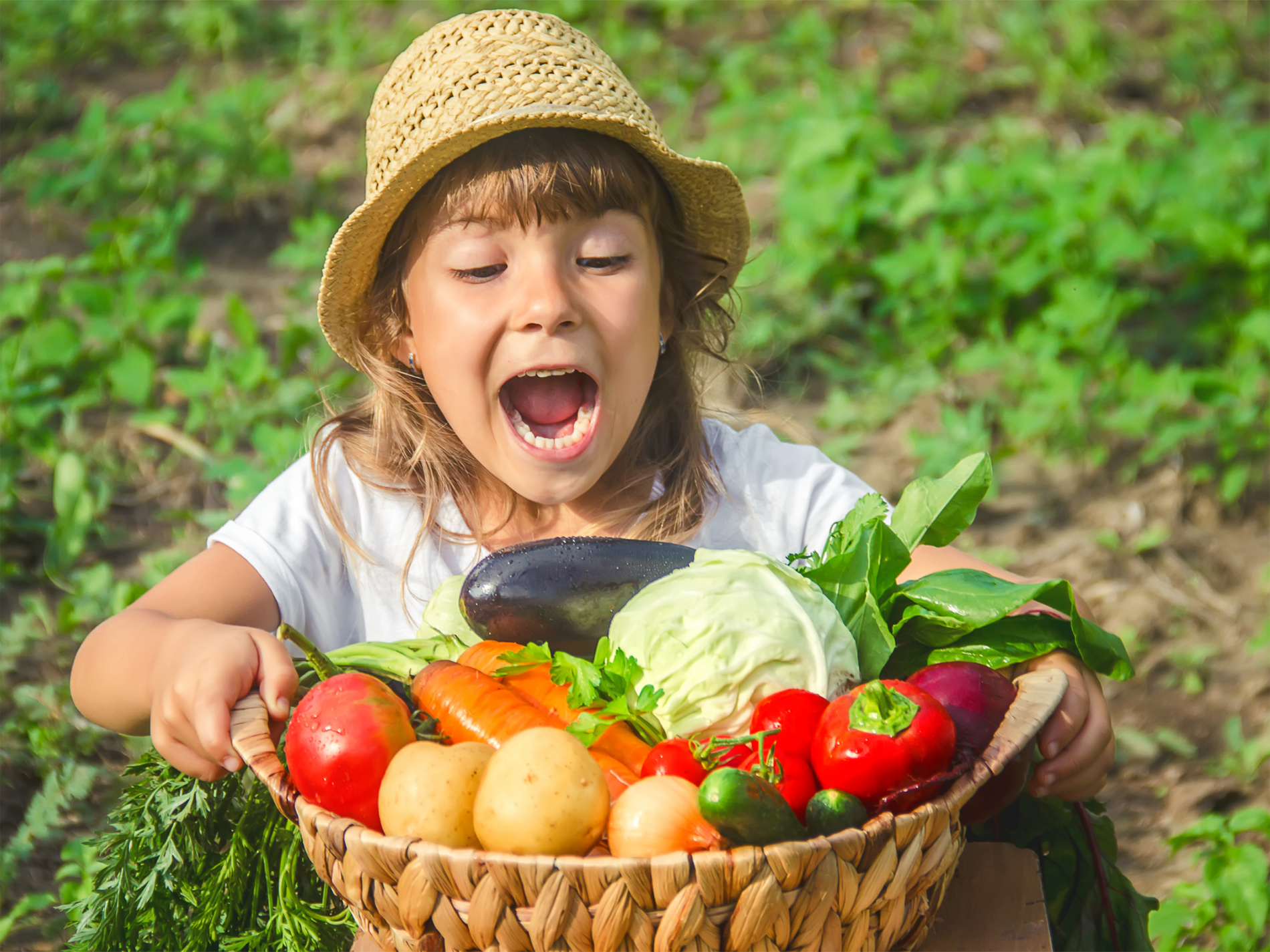The vegetarian diet is being integrated into everyday life by more and more people. Choosing a plant-based diet not only has environmental benefits, but can also contribute to a more conscious lifestyle in general. For instance, studies show that vegetarians often have a lower BMI, are more active in sports and generally have a more conscious approach to food and health.
The diet of children plays an important role in positively influencing the developmental phase. This article explains what parents should look for in a vegetarian diet and whether it is also advisable to maintain a vegan diet for children.
Three types of vegetarian diet
The vegetarian diet can mainly be divided into three forms:
- lactovegetarian
- ovo-lactovegetarian
- vegan
Lactovegetarians do not eat meat, fish or eggs, but they do eat milk and dairy products. Ovo-lactovegetarians only abstain from fish and meat; dairy products and eggs are part of the diet. Vegans opt for a completely plant-based diet and do not eat any animal products.
Vegetarian diet in children
An ovo-lactovegetarian diet is also possible for children and, according to the Swiss Society for Nutrition (SGE, German source), can be regarded as safe in the long term. In order for children to get enough nutrients for growth, the diet must be varied and contain nutrient-rich foods.
Particularly nutrient-rich foods are, for example:
- vegetables
- fruits
- legumes
- nuts
- wholemeal products
Vitamins, protein and minerals are also essential for health. Children should therefore eat dairy products and eggs regularly. In addition, oats, millet, bread, cereals or vegetables such as fennel, courgette or spinach ensure an adequate supply of iron and zinc and protect children from iron deficiency.
Because vitamin C improves the utilisation of iron, foods rich in vitamin C also belong on the menu of the vegetarian diet. Apples, peppers or orange juice are ideal sources of vitamin C and very popular with children.
Vegan diet in children
According to the article (German source) by paediatricians Henrik Köhler and Andreas Bieri of the Aarau Cantonal Hospital, children should only be fed a vegan diet under certain conditions. Because this is usually difficult to implement, the experts generally advise against a vegan diet. The danger that children consume too little energy, protein and nutrients such as calcium, iron, iodine, selenium, zinc, B12, etc., is therefore to be classified as critical. As a result, this type of diet can significantly endanger their development and health.
If parents still wish to supply their children with a vegan diet, they should first study a purely plant-based diet thoroughly and seek paediatric advice. A regular medical check-up and sufficient supplementation is a common procedure to guarantee an adequate supply of nutrients.
Conclusion
It is not always easy to provide adequate nutrition for children. Children go through different phases of development, which can have an impact on their diet. This may be a visit to the farm, which may lead to a renunciation of meat, or a phase of defiance, in which only sweet foods wish to be eaten. For parents, it is important in such phases not to lose sight of health and adequate nutrient intake.
Regardless of which phase children are in, parents should always focus on a varied and nutritious diet and introduce children to healthy food in a playful way. Whether it is a carrot in the shape of a crocodile, a colourful lunch box or an educational memory with fruits or vegetables; children count on the experience and knowledge of us adults and get used to a healthy lifestyle faster the earlier they get to know it.











What do you think?